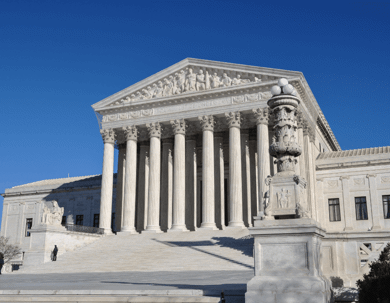The Nebraska Supreme Court reinstated the wrongful death suit filed by the parents of Melissa Rodriguez against her boyfriend who escaped custody at a psychiatric center in Nebraska and strangled her to death in 2013.
Rodriguez’s parents filed the lawsuit against the University of Nebraska Medical Center and Lasting Hope Recovery Center in 2015, alleging that they allowed her boyfriend, Mikael Loyd, to walk out of the building on the same day he killed Rodriguez and disposed of her body in an open grave at a cemetery in Omaha, NE.
The lawsuit was dismissed by Douglas County District Judge James Gleason that same year after ruling that it didn’t show the center had a duty to protect their daughter. The state Supreme Court reversed that ruling on Friday, June 23 and ordered further proceedings.
We previously wrote about this when attorney Brian Jorde, who is representing the family, appeared on KETV 7 to discuss the case.
“There was no mystery that [Loyd] was going to commit an act of violence against Melissa Rodriguez,” said Jorde.
In the Supreme Court’s decision (PDF) reversing the judge’s ruling, Judge Lindsey Miller-Lerman wrote that through the facts presented in the case, Lasting Hope Recovery Center had “taken charge” of Loyd, meaning that they had custody and a duty to protect the public from any potentially harmful actions he may take.
“Accepting these facts as true, we determine that the appellants alleged sufficient facts to state claims against the Lasting Hope defendants which are plausible on their face,” the judge wrote. “Thus, we determine that the district court erred when it granted the motions to dismiss.”
Following the Supreme Court decision, Jorde stated that, “We are thrilled for the Rodriguez family and the lasting impact their case has made on the law. In its decision, the Court has made it clear that an entity, like Lasting Hope, who has custody of a person owes a legal duty of reasonable care to third parties with regard to risks posed by the person in their custody. Had Lasting Hope fulfilled this duty Melissa would not have been killed.”
Related Posts:

